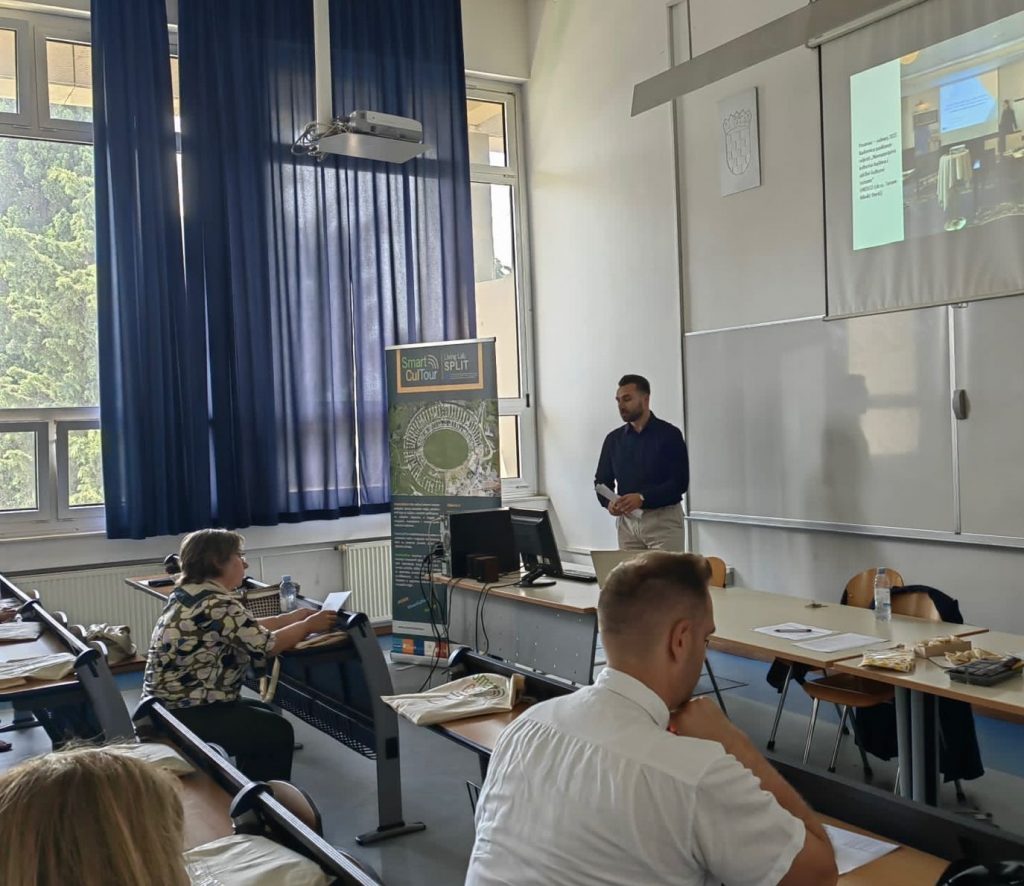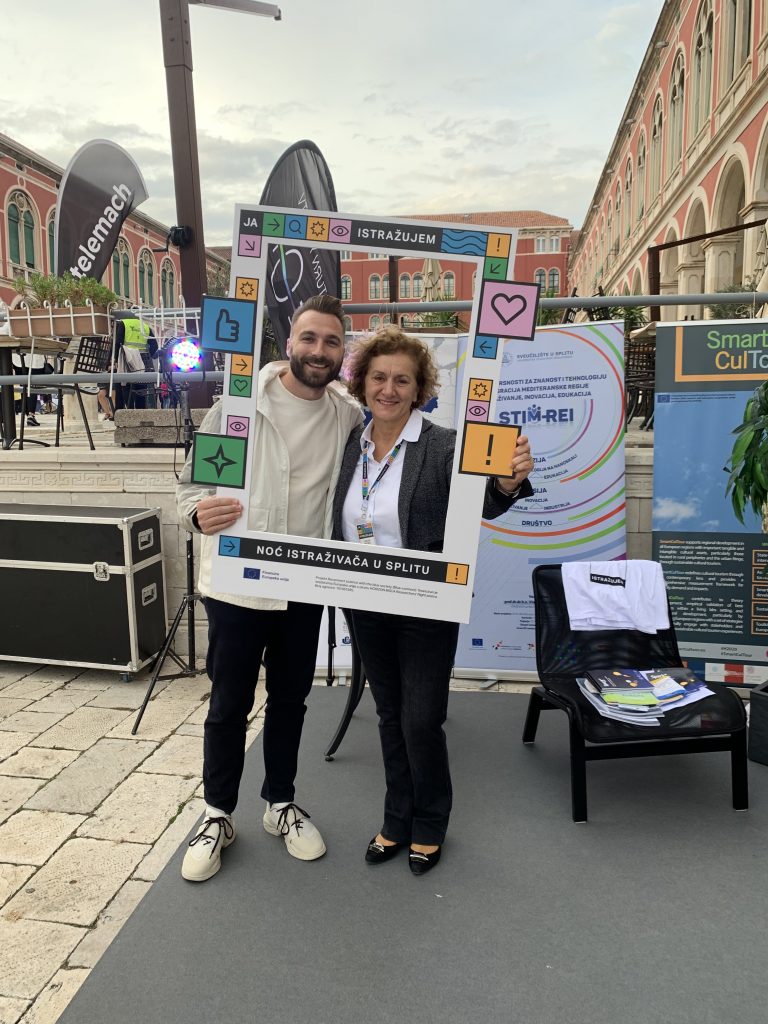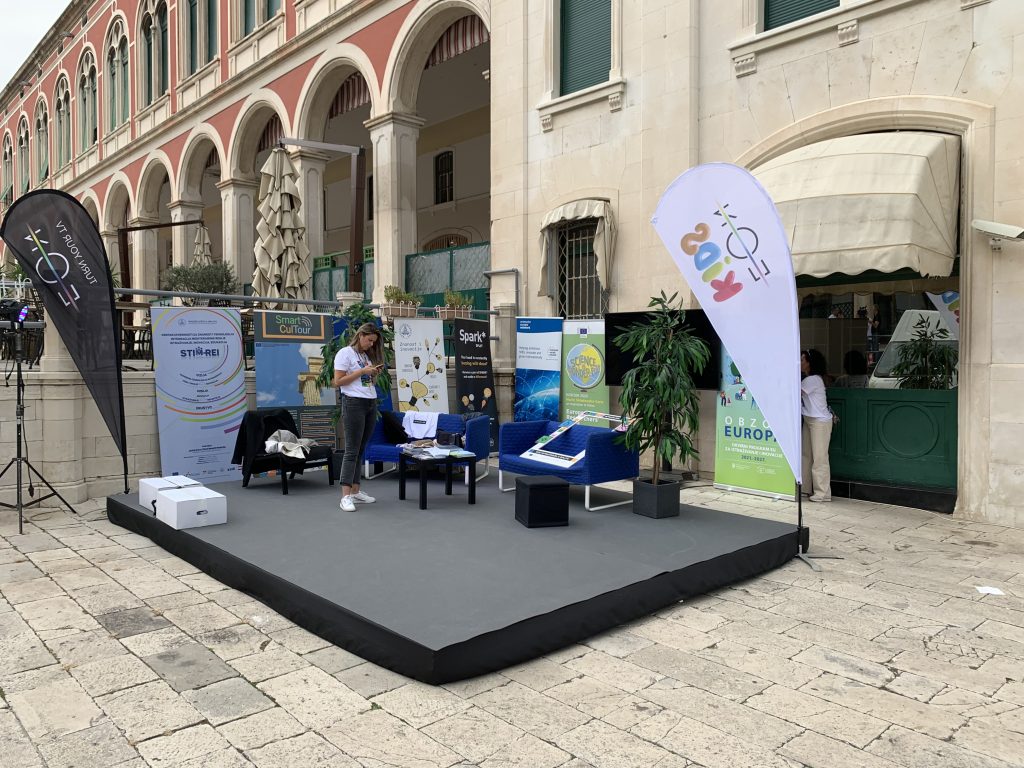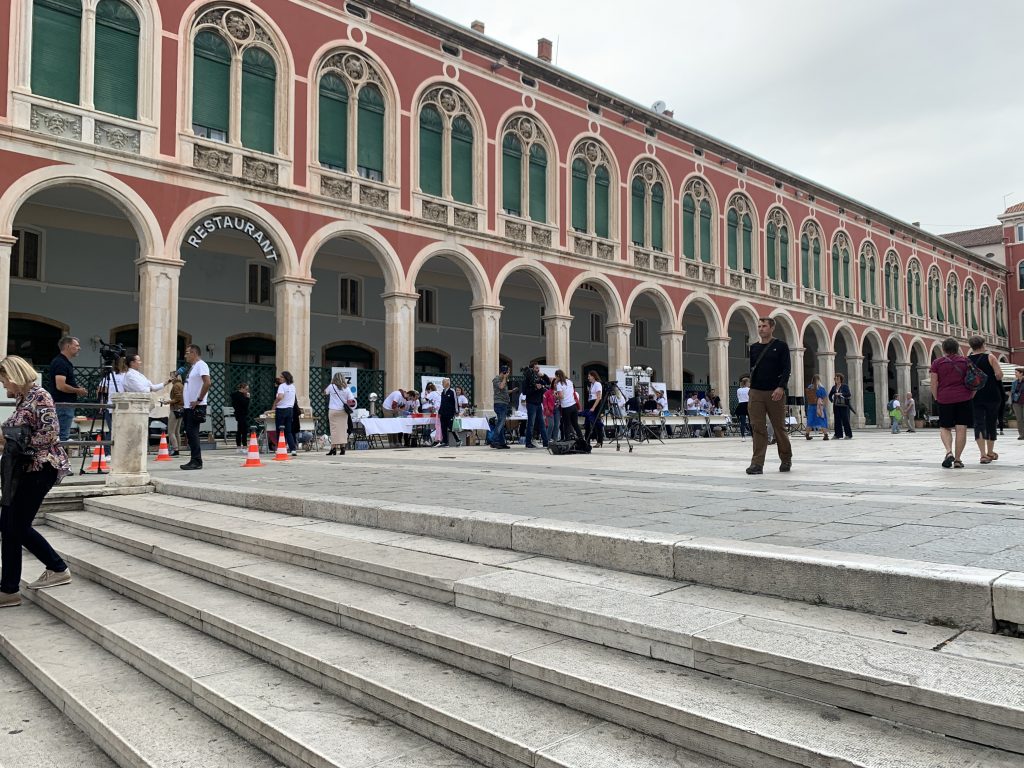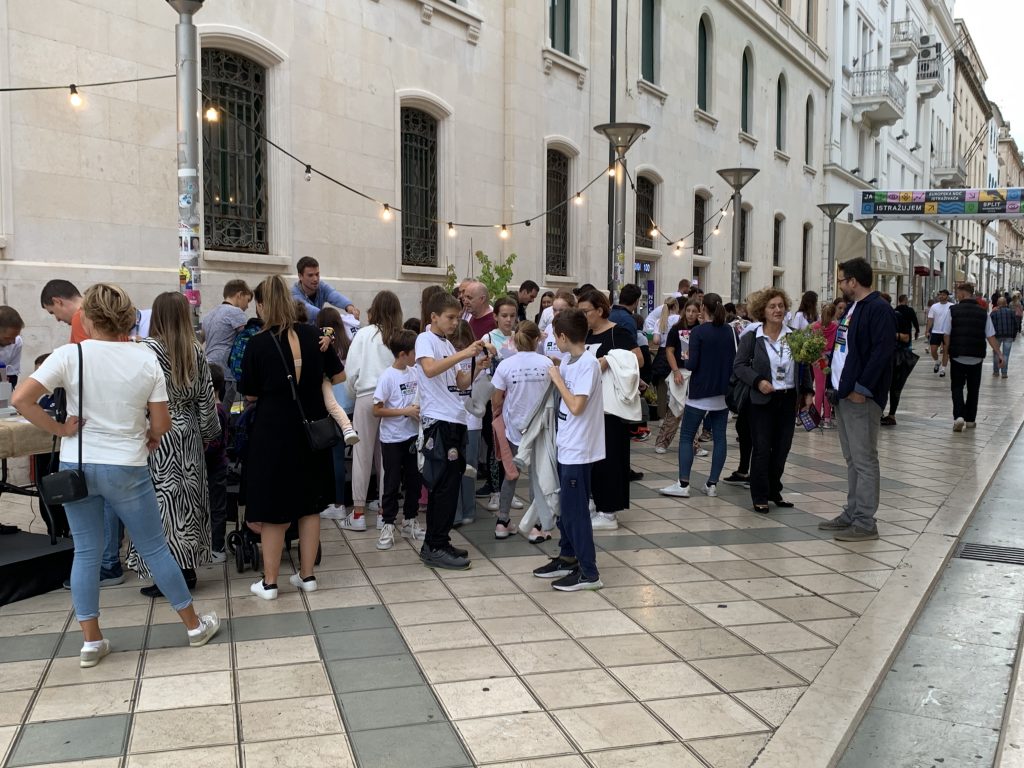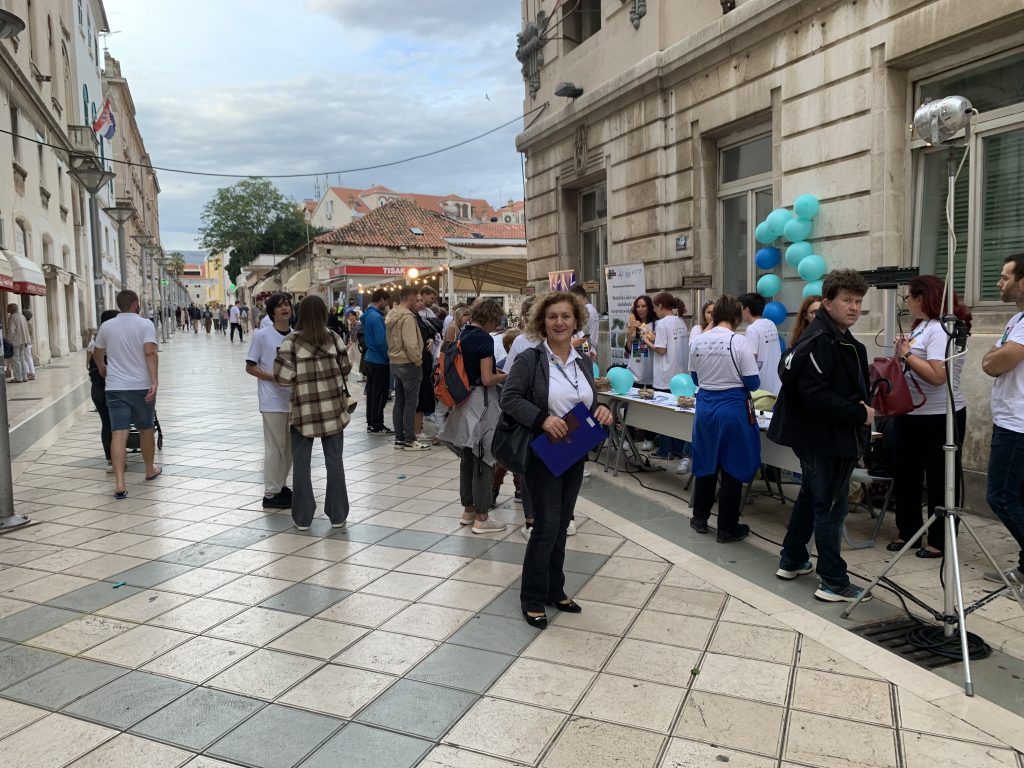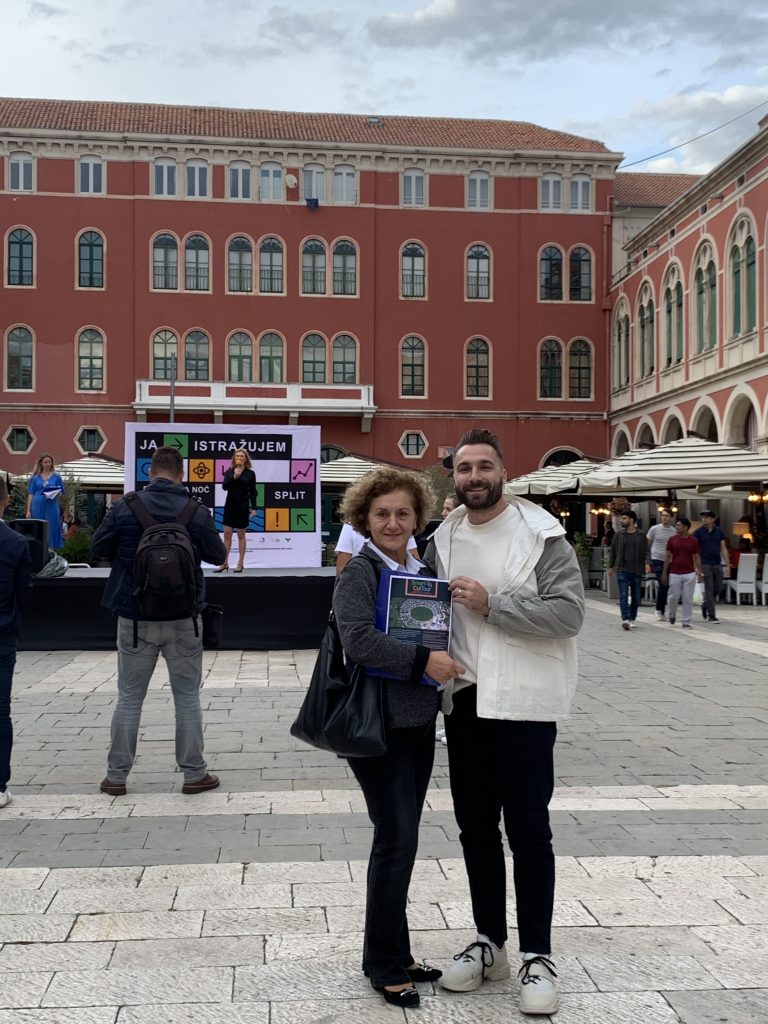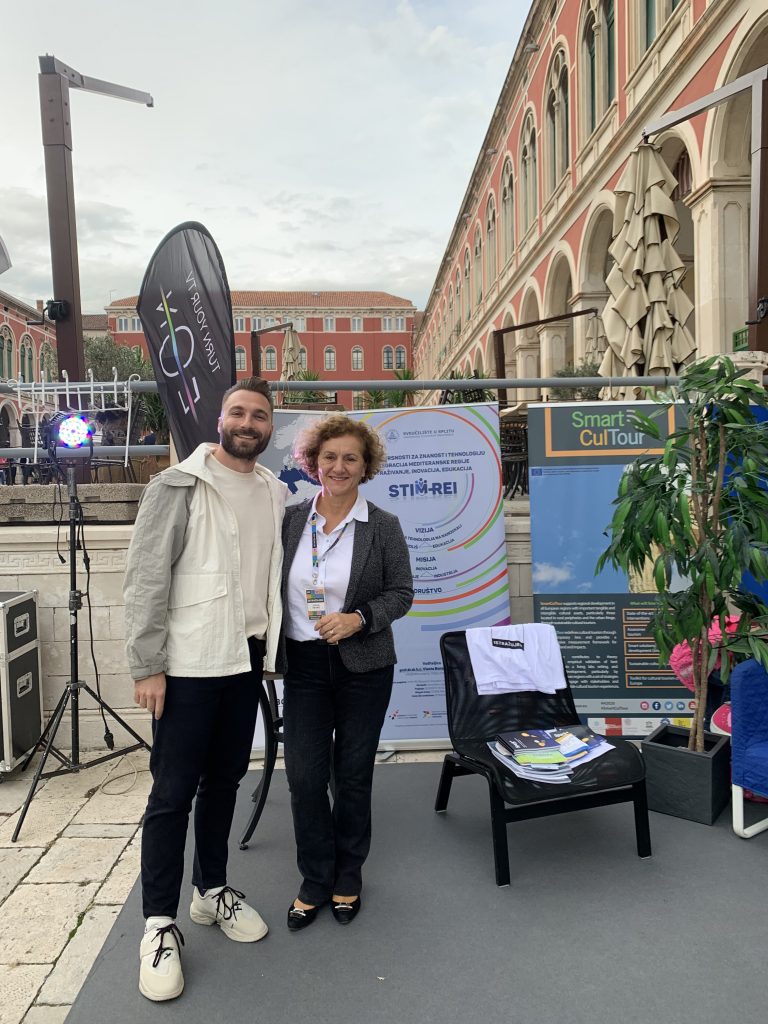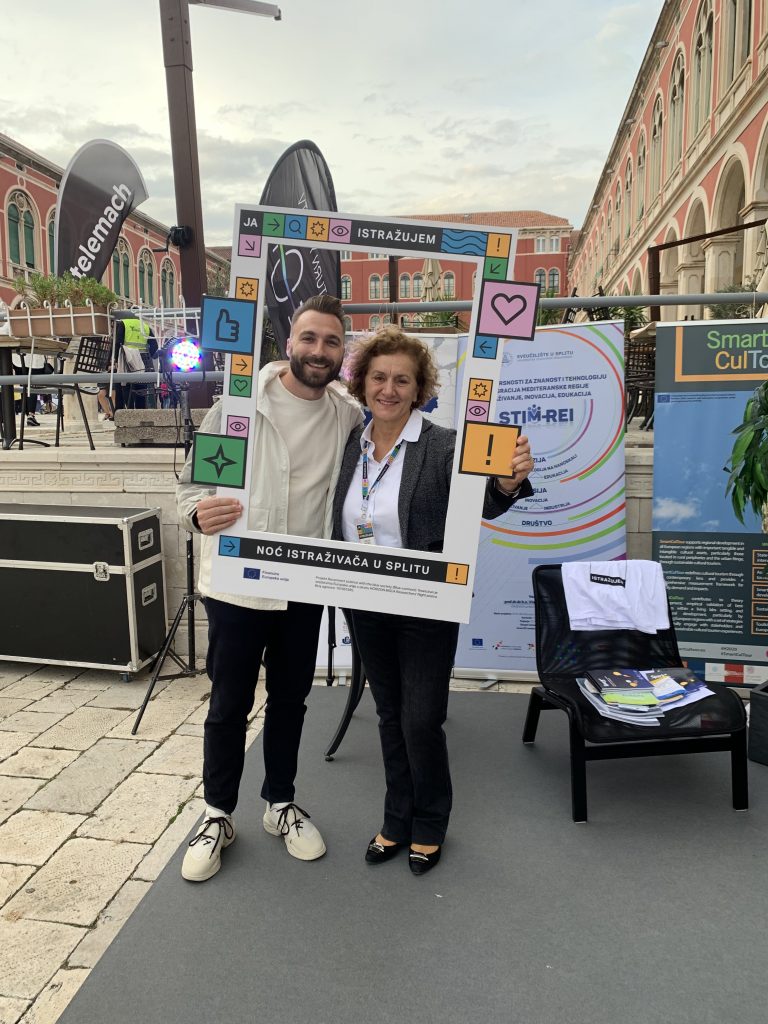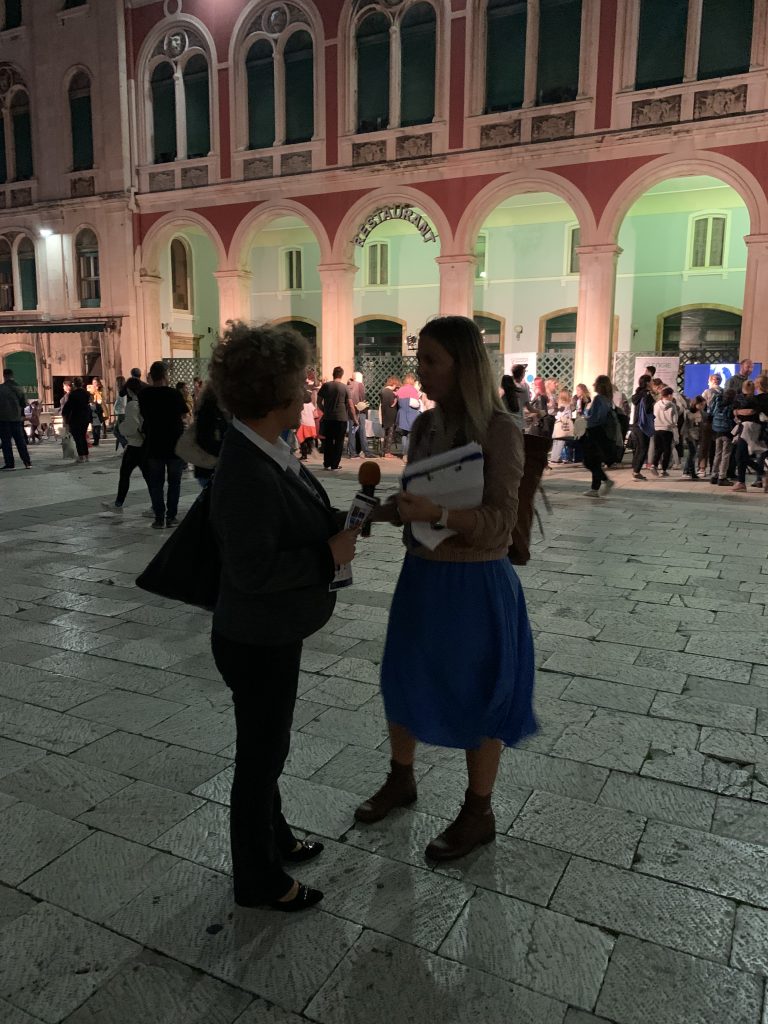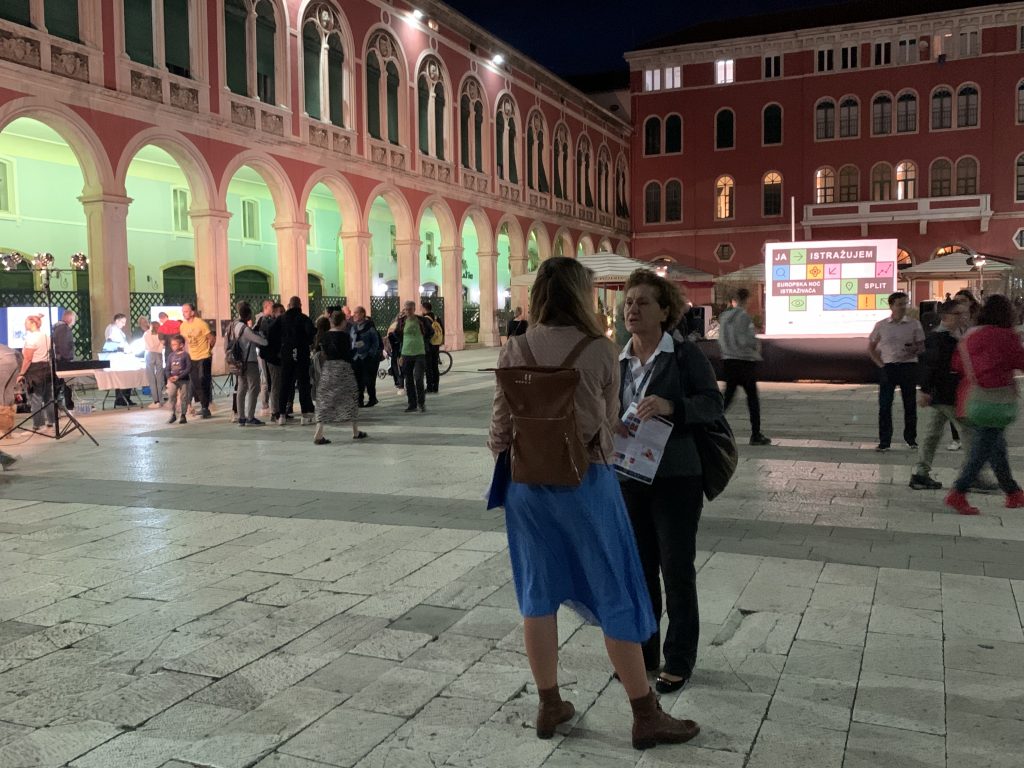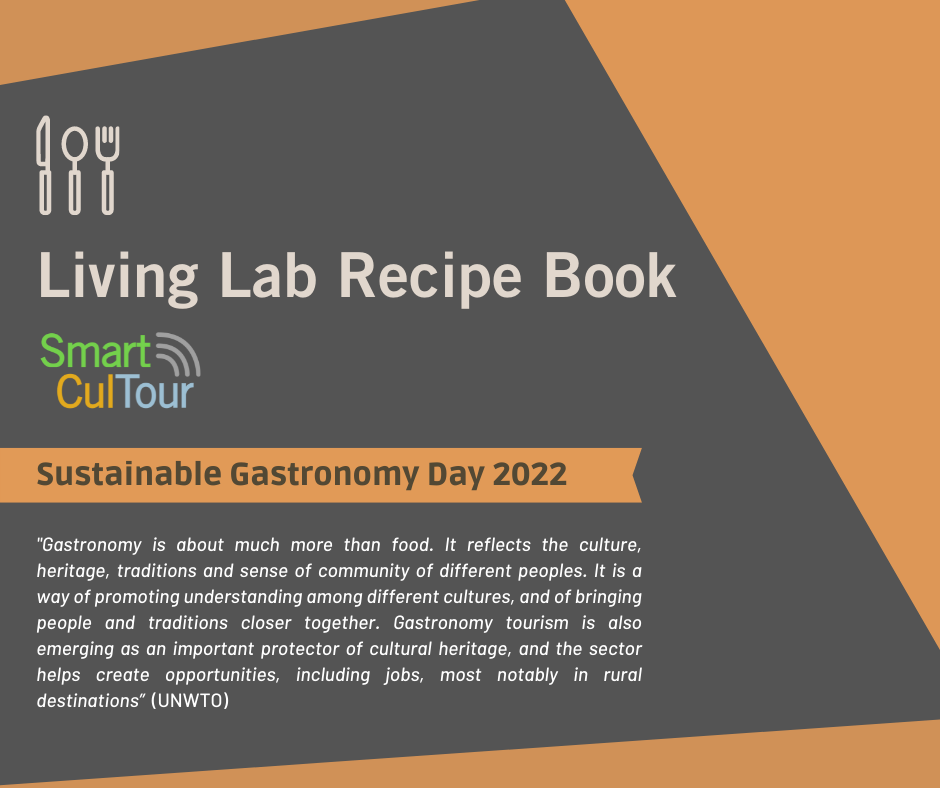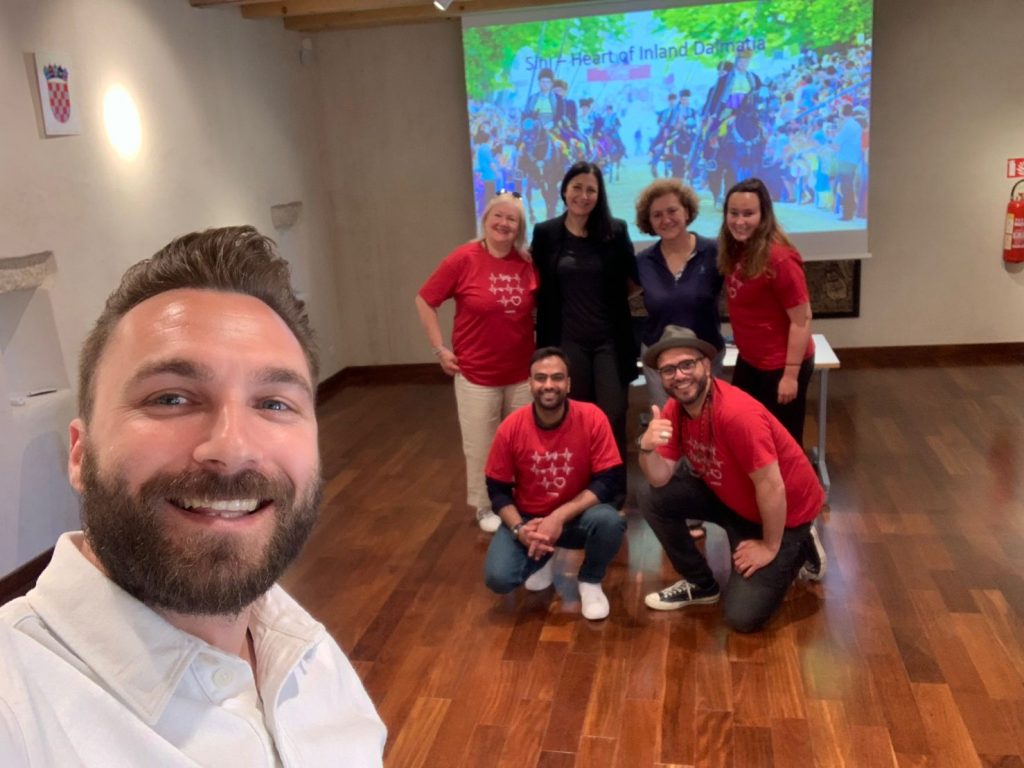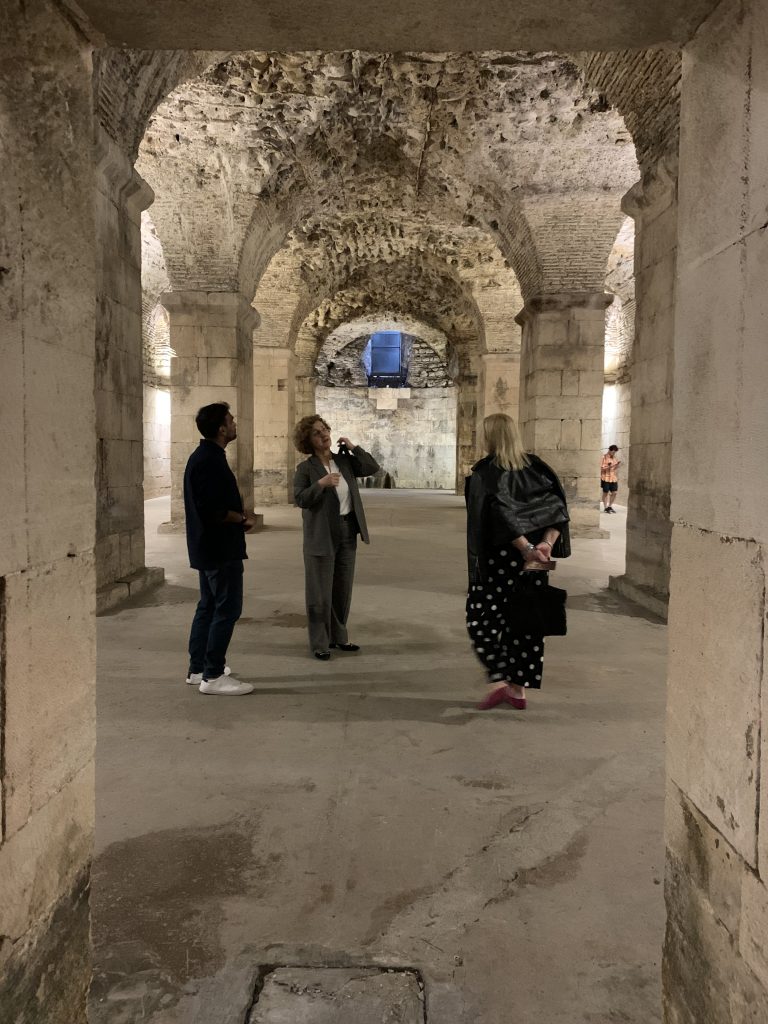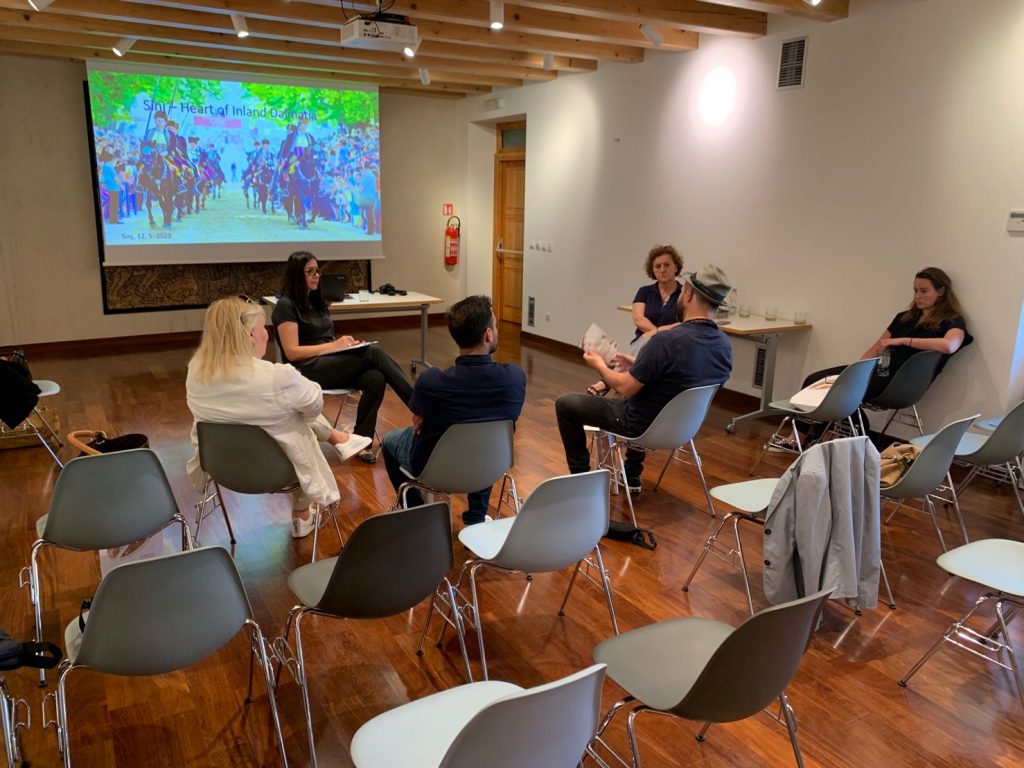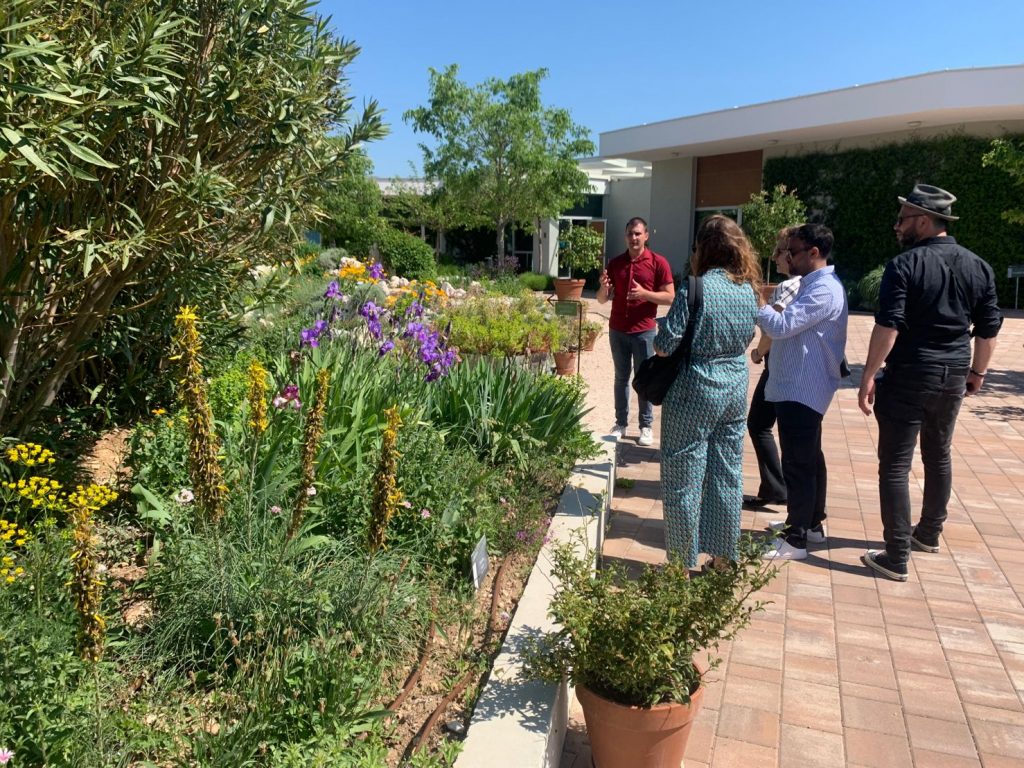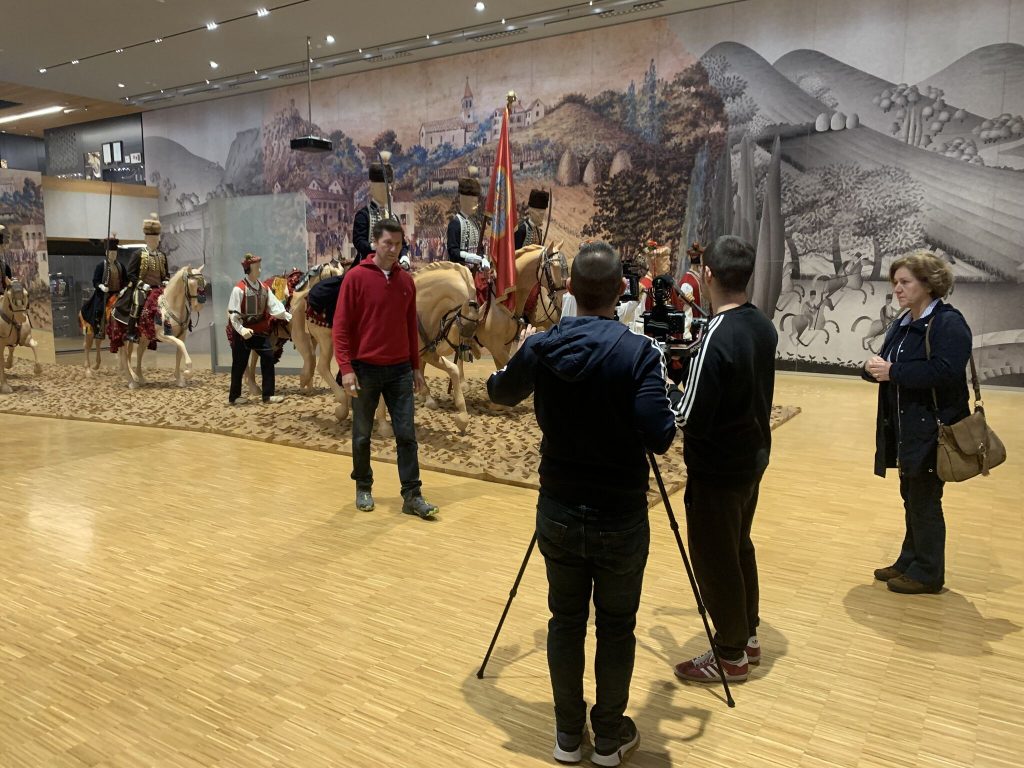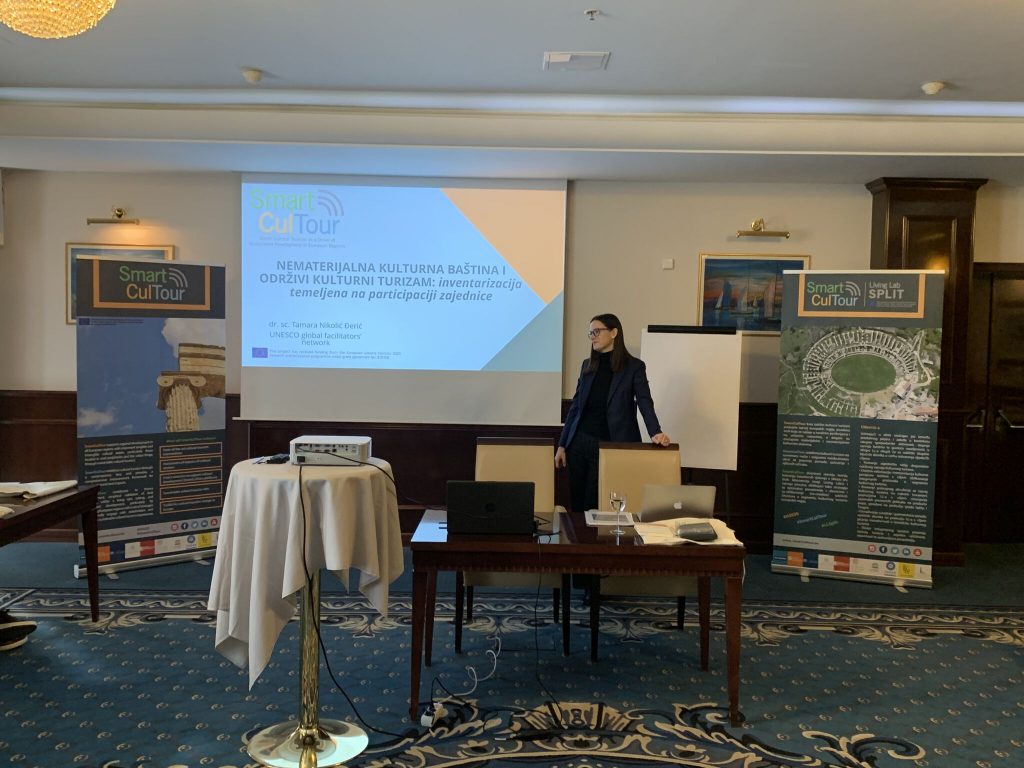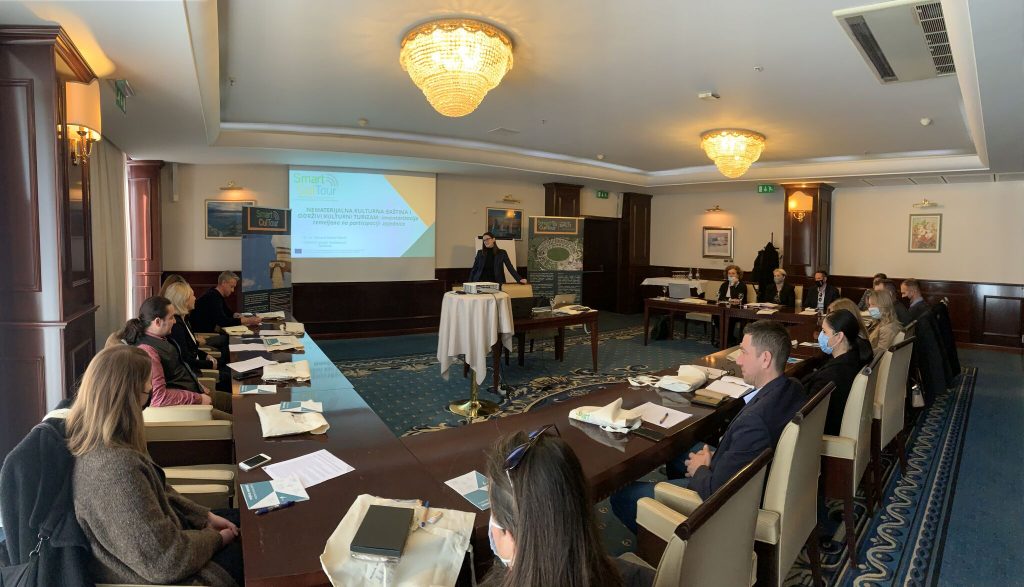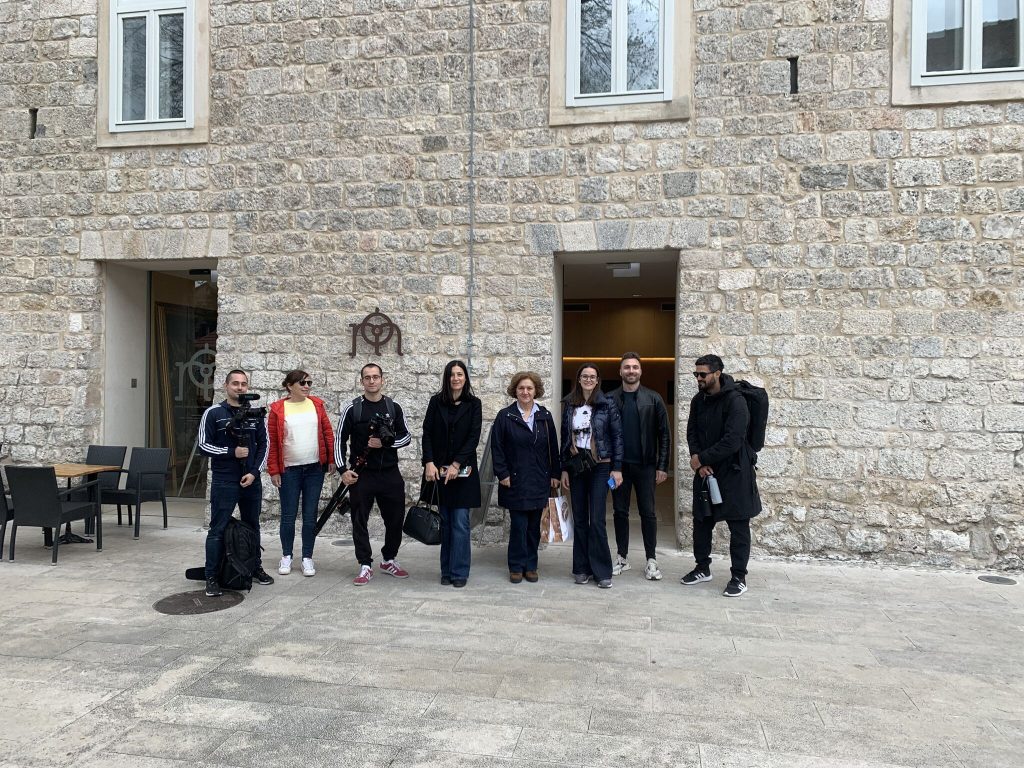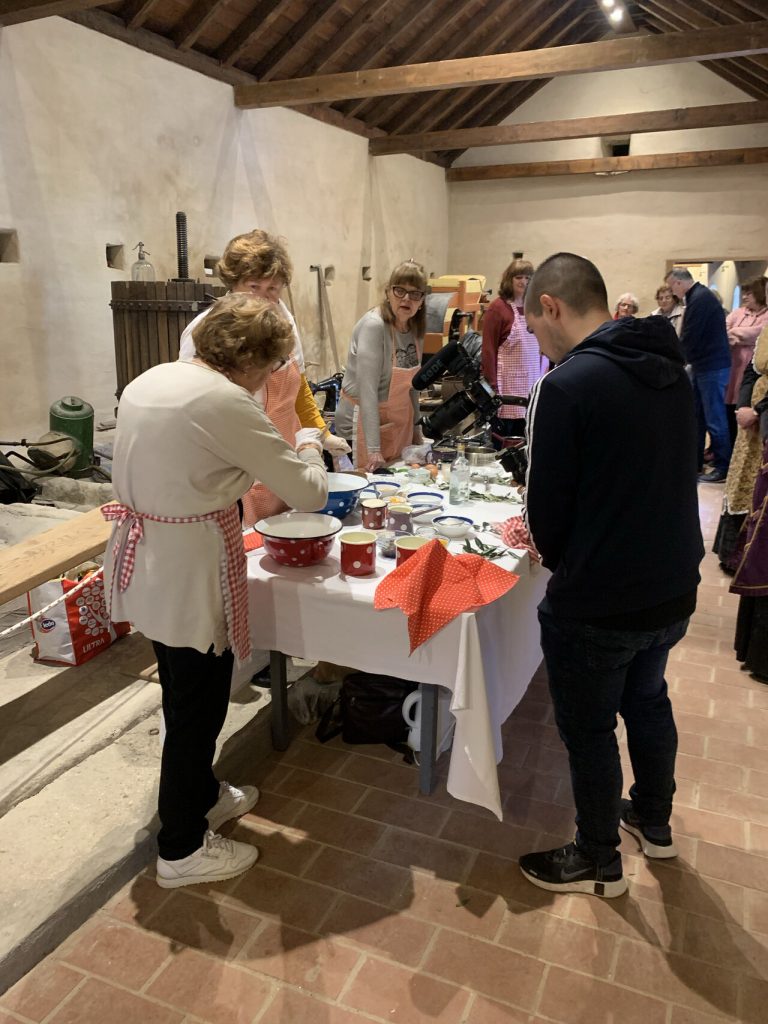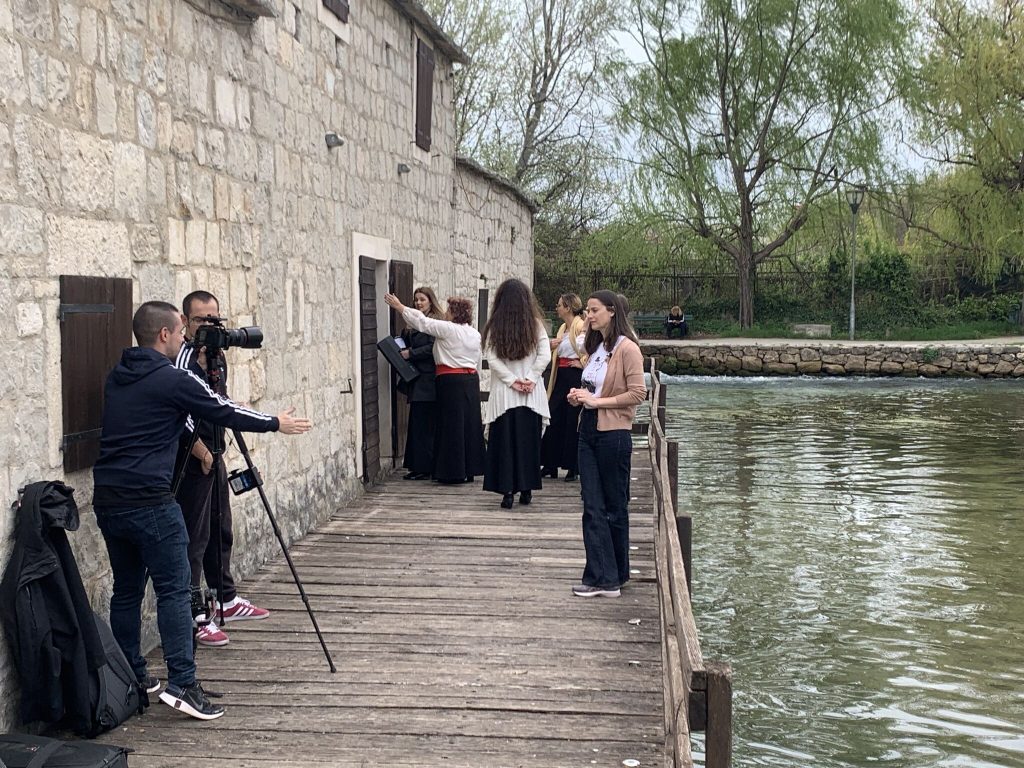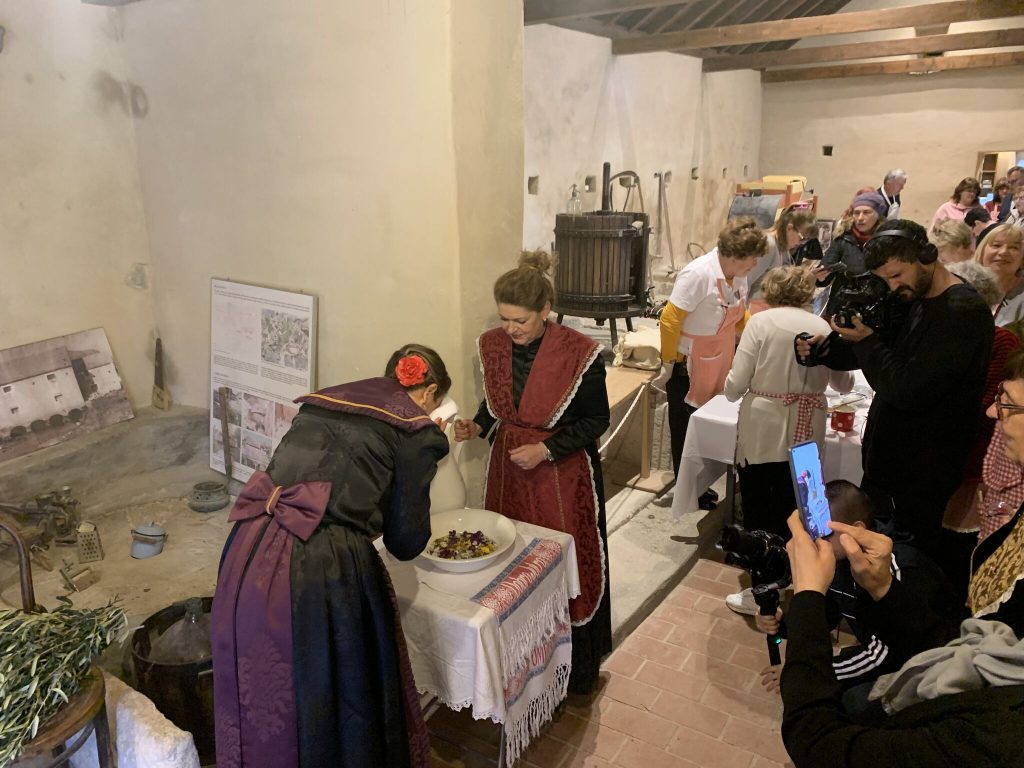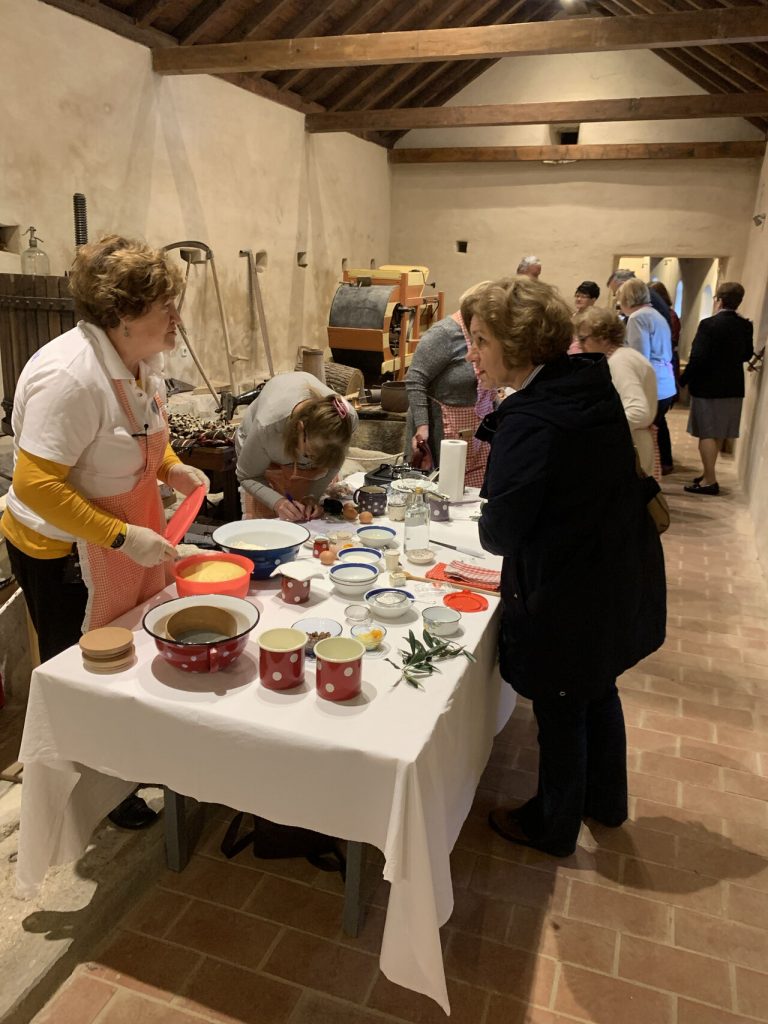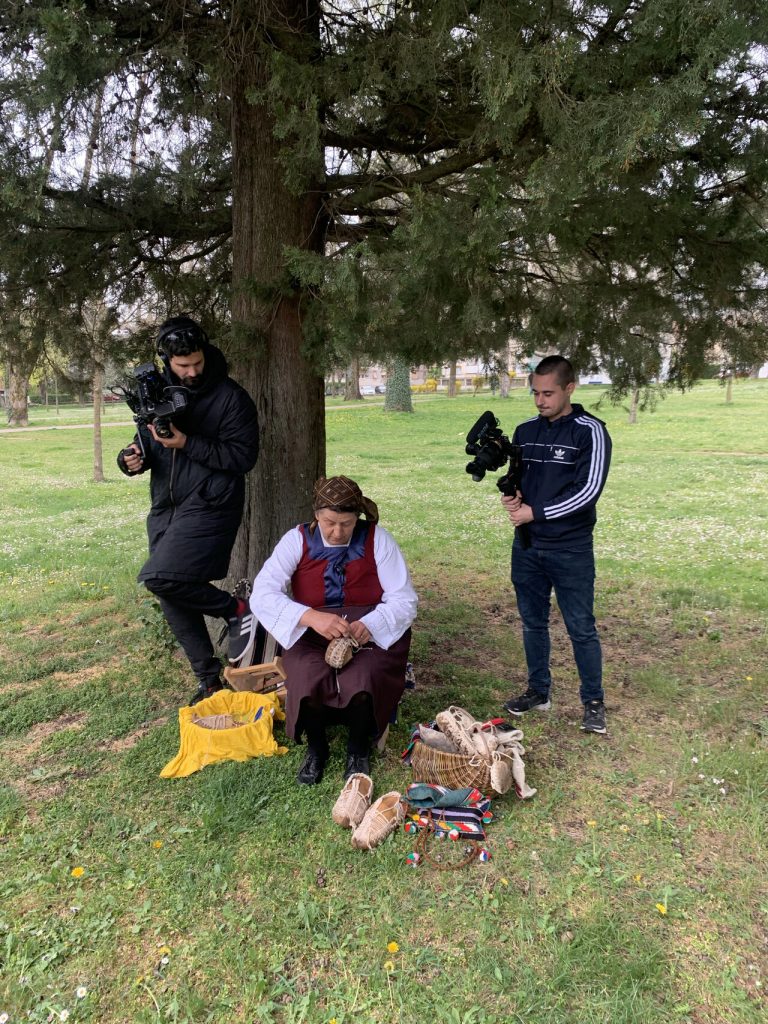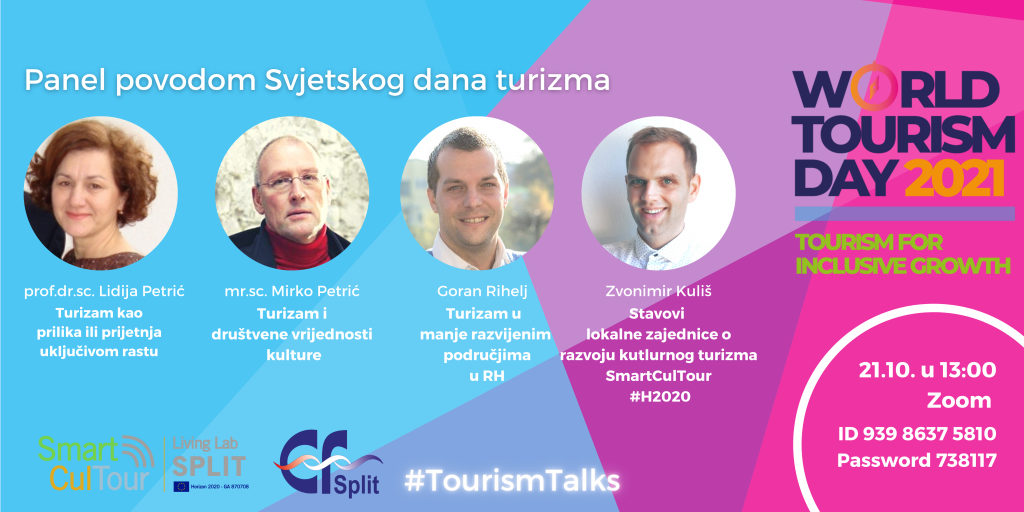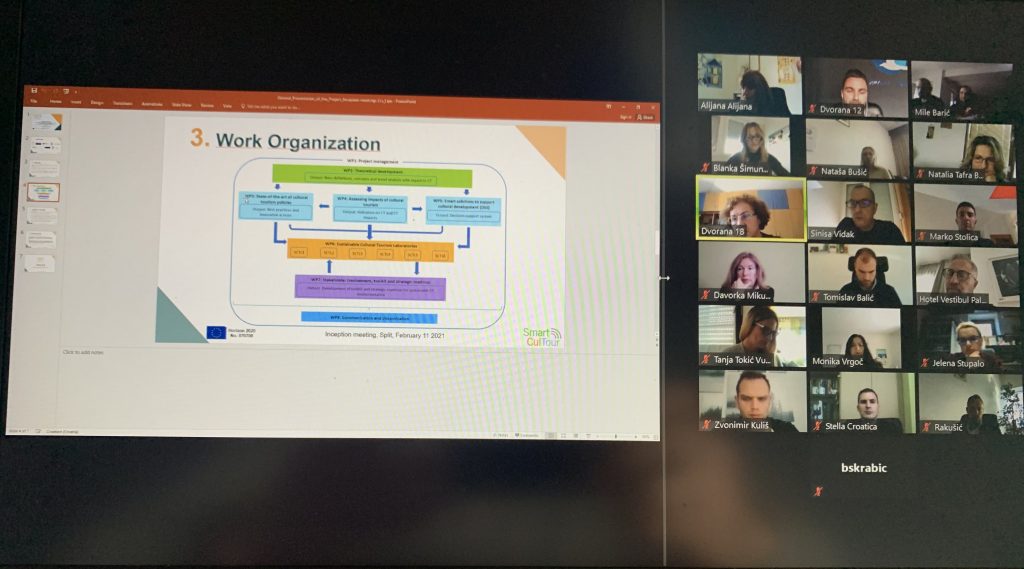Empowering Stakeholders: From House of Quality to Educational Programs
In our recent stakeholder meeting, we utilized an effective tool called the House of Quality to evaluate and prioritize interventions based on the needs of critical stakeholders, including communities, businesses, cultural institutions, policy makers, and the environment. By employing this method, we aimed to develop a comprehensive understanding of the pros and cons of each alternative. Our objective remains to empower stakeholders and institutions to take the lead in the development of educational programs. In this blog post, we will explore the key areas of interest that emerged from our analysis: Entrepreneurship based on cultural heritage, Cultural heritage valorization through sustainable tourism development, Marketing in cultural tourism, and the Role of cultural heritage in the sustainable development of local communities.
Entrepreneurship Based on Cultural Heritage:
Through the House of Quality evaluation, we thoroughly examined the intervention of promoting entrepreneurship based on cultural heritage. This intervention received positive feedback from stakeholders, particularly in terms of its potential to foster economic growth, empower local communities, and preserve cultural traditions. However, challenges were also identified, such as the need for capacity building, access to funding, and addressing potential conflicts between commercialization and authenticity. By addressing these concerns through educational programs, stakeholders can harness the benefits of cultural heritage entrepreneurship while mitigating associated risks.
Cultural Heritage Valorization through Sustainable Tourism Development:
The House of Quality analysis shed light on the intervention of cultural heritage valorization through sustainable tourism development. Stakeholders recognized the significant opportunities presented by this intervention, such as increased visitor engagement, economic benefits, and enhanced cultural awareness. However, concerns were raised regarding potential negative impacts on local communities, overtourism, and environmental degradation. To address these concerns, educational programs should focus on responsible tourism practices, community involvement, and sustainable development strategies to ensure that cultural heritage is valued and protected while promoting a positive tourism experience.
Marketing in Cultural Tourism:
The evaluation of the intervention focused on marketing in cultural tourism highlighted its potential to attract visitors, promote cultural experiences, and stimulate economic growth. Stakeholders emphasized the importance of effective marketing strategies tailored to the cultural tourism sector. However, challenges were identified, including limited marketing knowledge among stakeholders, budget constraints, and the need for collaboration between different stakeholders to create cohesive marketing campaigns. Educational programs should address these challenges by providing stakeholders with the necessary skills and knowledge to implement successful marketing initiatives that align with the unique characteristics of cultural tourism destinations.
The Role of Cultural Heritage in the Sustainable Development of Local Communities:
The House of Quality analysis enabled stakeholders to assess the intervention regarding the role of cultural heritage in the sustainable development of local communities. Stakeholders recognized the potential of cultural heritage to foster community pride, social cohesion, and economic resilience. However, concerns were raised regarding the need for community engagement, equitable distribution of benefits, and the integration of cultural heritage into local development plans. Educational programs should focus on empowering stakeholders to actively participate in decision-making processes, promoting inclusive development, and facilitating collaboration between different stakeholders to ensure that cultural heritage contributes to sustainable and holistic community development.
By employing the House of Quality evaluation, we gained valuable insights into the four interventions and their alignment with the needs of critical stakeholders, including communities, businesses, cultural institutions, policy makers, and the environment. It is now the responsibility of these stakeholders and FEBT, as Lead of SmartculTour living lab, to take the lead in the development of educational programs. By prioritizing Entrepreneurship based on cultural heritage, Cultural heritage valorization through sustainable tourism development, Marketing in cultural tourism, and the Role of cultural heritage in the sustainable development of local communities, we can collectively work towards preserving, promoting, and sustainably leveraging our cultural heritage. Let us seize this opportunity to empower stakeholders and shape a future where our heritage thrives, and our communities flourish.


